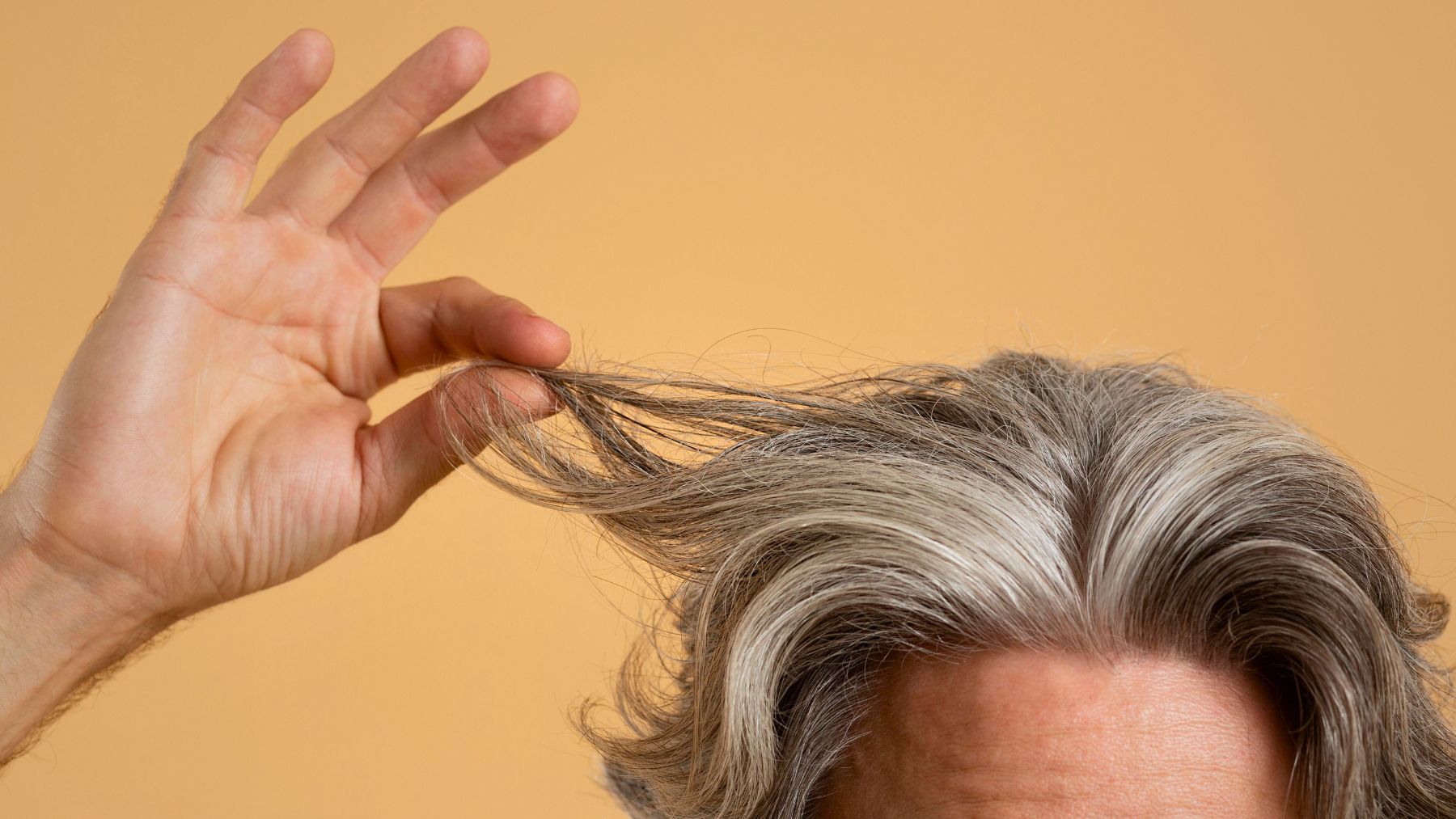Thinning hair and hair loss can feel like a constant battle for many. If you are looking for natural ways to boost hair growth, a balanced diet is key, but sometimes our meals fall short. That’s when a good mineral supplement can make a difference.
Today it’s easy to miss out on vital nutrients. Many US diets lack these essential minerals, and our modern lifestyle can lead to deficiencies. If you’re noticing more hair on your brush or want extra support for healthy hair, a quality supplement could help. Let’s explore three essential minerals that experts say can keep your hair strong and vibrant.
Zinc
Zinc is a small mineral with big benefits. It aids in repairing damaged hair follicles and promotes new cell growth, helping your hair recover from everyday stress. Foods rich in zinc include oysters, lean meats, eggs, and even dark chocolate.
However, many of us don’t consume enough of these, especially when we’re on the go, but a supplement can bridge that gap. Experts recommend sticking to around 8–11 mg a day. Be cautious, as too much zinc can upset your stomach or cause nausea. If you decide to take zinc supplements, choose a reputable brand and always follow label instructions to ensure your hair gets the support it needs.
Iron
Iron is one of the most talked-about minerals for hair growth as it delivers oxygen to your hair follicles, speeding up the growth cycle. Many women, especially during menstruation, struggle with low iron levels, which can lead to thinning hair over time.
While red meat, poultry, leafy greens, and fortified cereals are good sources, many Americans might still fall short. An iron supplement can boost your levels, but it’s important to check with your doctor first. Don’t skip regular check-ups, as knowing your iron levels can prevent more than just hair loss. Stick to the recommended daily amount—usually between 8 and 18 mg—since too much iron can cause health problems like organ damage.
Magnesium
Magnesium works behind the scenes to keep your hair strong. It contributes to enzyme function and supports keratin production, the protein that makes up your hair. A shortage of magnesium may slow hair growth and lead to premature graying.
You can find magnesium in bananas, leafy greens, beans, and dairy. A daily magnesium supplement, typically 310–420 mg, can also help but be cautious with the amount, as too much can lower blood pressure or upset your stomach. Use it wisely to support your hair and keep those locks looking great.
Your hair’s health is a blend of smart choices and good nutrition. Zinc, iron, and magnesium are three minerals that can boost hair growth when you’re not getting enough from food alone. There are also recommended vitamins for hair growth. But remember that supplements aren’t a magic remedy, they are just a way to fill gaps. Always follow a balanced diet along with your supplements and talk to a healthcare professional to see what’s best for you.

